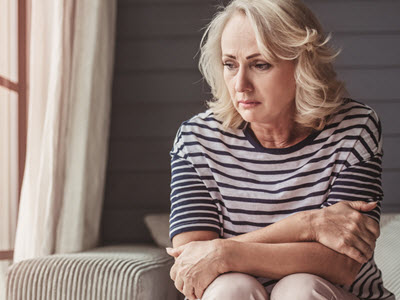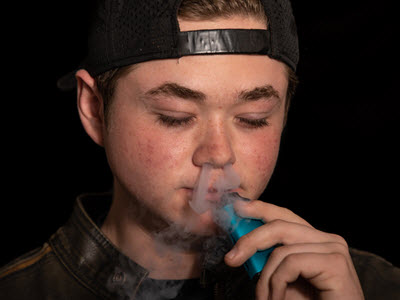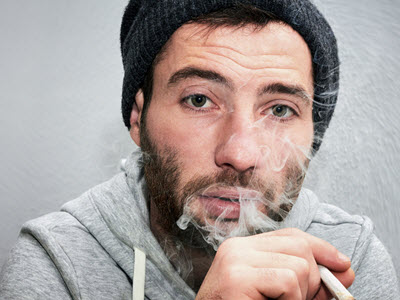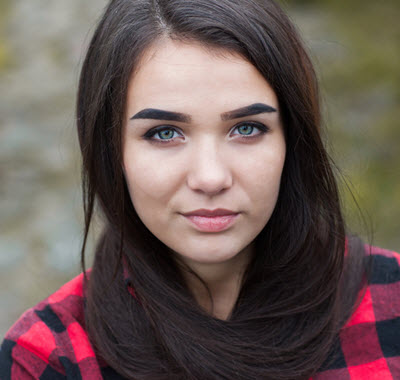 You’ve always done your best.
You’ve always done your best.
Mary*, a doting mother to her three children, and husband, James, know they’ve made some parenting mistakes; but overall, they feel they’ve done the best they could for their kids.
But recently, Mary’s discovered several strange-looking objects she can only describe as “maybe smoking paraphernalia” in the closet of her oldest son, 16-year-old John. Seeing the materials was more shocking than the idea that her “son might smoke a little pot here and there.”
After she catches her breath, Mary called James to vent about her fears, telling her husband she felt “betrayed and scared.”
James attempted to relieve Mary’s fears by reassuring her, “It’s nothing we haven’t done before honey. John is 16 and experimenting at that age is normal. Plus, weed is legal now anyway, and everyone is doing it.”
Mary, still feeling fearful, and now dismissed, finds herself reading this section of my website, just as you are if you’re a parent with some form of this story.
 But you are not alone!
But you are not alone!
Often, our culture pushes youth into a box of “They’re just experimenting and having a little fun.”
And we often wrap up that box with this bow: “I used to do that kind of stuff, too. It’s just kids being kids.”
Not only are these statements usually incorrect; but excusing and normalizing chemical abuse creates further shame and a wall of denial for those who are struggling.
 When ‘they’ don’t leave home…
When ‘they’ don’t leave home…
More and more, after high school graduation, young adults are continuing to live with their parents. This may be a wise choice for students while they go to college and establish a savings. But for many young adults, this is simply a time of personal regression – or stagnation at best.
The young adult’s behavior worsens along with chemical use, and parents feel stuck between holding firm boundaries and not having the energy to fight.
In-home consequences don’t stop at 18!
Do not believe the lie that your child, now an adult, cannot have consequences from you, the caregiver.
Frustrated and fearful, parents often lash out with statements causing shame, only perpetuating a deeper apathy from the young adult.
Adolescents and young adults are living billboards in today’s environment, pressured to buy into an ideal image more than ever before, and on more platforms. Though uncomfortable and very challenging, you can do something about it.
You can confront social norms, chemical bias, and commonly held inaccurate beliefs.
Rebelling against unhealthy cultural standards is an admirable act; setting one’s self apart from status-quo creates strong leaders and healthy people.
 Students, high school or college age, I am not against you!
Students, high school or college age, I am not against you!
If you’ve found yourself in trouble at school because you were caught smoking weed, being the go-between on a sale, or stuck in any other unfortunate circumstances, you’ll find yourself right at home at Recovery Hill.
I’ve worked with many students who have found themselves near expulsion for a substance-related act. They come from many of the schools in the area (not to name names); substance abuse doesn’t discriminate.
My job is not to look down on you or even try to change your perspective (that’s up to you).
My job is to help you.
You don’t have to handle all this by yourself.
If you’re reaching out for your child, whether they’re still an adolescent or a young adult, you’re making the right choice. Follow your gut and fight for your child.
If you’re a young adult looking for help, you’ve already earned my respect for making such a pivotal choice at a pivotal age.
Now is the time.
Don’t wait. Reach out.
Call (916) 995-8635 or complete the contact form to schedule your free initial assessment.
*Mary is a compilation of many clients.

